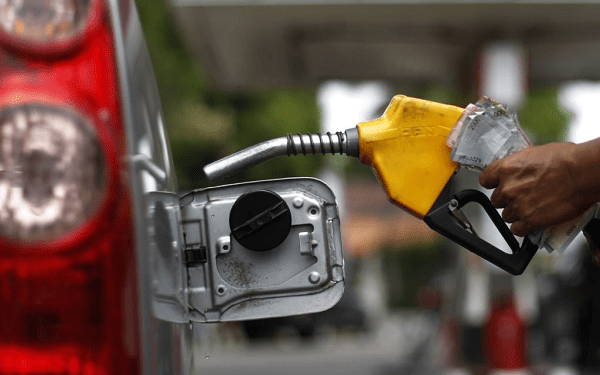Energy Ministry Signals Possible Return of Suspended GHS 1 Fuel Levy
Ghana’s Ministry of Energy and Green Transition has clarified that the controversial GH₵1 levy on every litre of petrol and diesel—suspended following public backlash—remains legally enforceable and could be reinstated when deemed necessary by the government.
In comments to the media, Richmond Rockson, Head of Communications and Spokesperson for the Ministry, stated that while the levy’s implementation has been paused, the statutory framework underpinning it remains in force.
“The government will consider bringing it back. The law has not been repealed; it is still the law,” Mr Rockson said.
The fuel levy, introduced earlier this year as part of a broader strategy to stabilise Ghana’s energy sector finances, aimed to support power generation and address the country’s growing debt to Independent Power Producers (IPPs). Its announcement, however, sparked immediate resistance from consumer groups, transport unions and civil society organisations, who argued the measure was poorly timed given rising inflation and mounting economic pressures on households.
Mr Rockson defended the rationale behind the levy, citing persistent structural issues in the sector, including the absence of a ring-fenced energy fund and recurrent difficulties in sourcing liquid fuel for thermal generation.
“The basis of introducing that law is still persistent,” he noted. “We still don’t have a dedicated fund when it comes to power. We still have challenges when it comes to the procurement of liquid fuel.”
Despite public opposition forcing a suspension, the Ministry’s position suggests the government is not ruling out reactivation of the levy as it explores sustainable financing models for the power sector. According to Mr Rockson, no repeal or amendment has been made to the legislation, granting the government full legal authority to implement the levy at its discretion.
The move underscores the fiscal strain facing Ghana’s energy sector, which continues to grapple with ballooning liabilities, particularly arrears owed to private power producers. The IMF has repeatedly urged Ghana to rein in contingent liabilities in the sector as part of its broader fiscal consolidation efforts under the $3 billion Extended Credit Facility.
Analysts say any future reinstatement of the levy could weigh on fuel prices and inflation expectations, adding pressure to a cost structure already sensitive to exchange rate volatility and global crude oil trends. However, the Ministry’s insistence on the legal validity of the tax signals a possible shift in fiscal policy direction, as authorities seek to shore up domestic revenue in the absence of external budget support.
The Energy Ministry has yet to provide a definitive timeline for the levy’s reintroduction.








